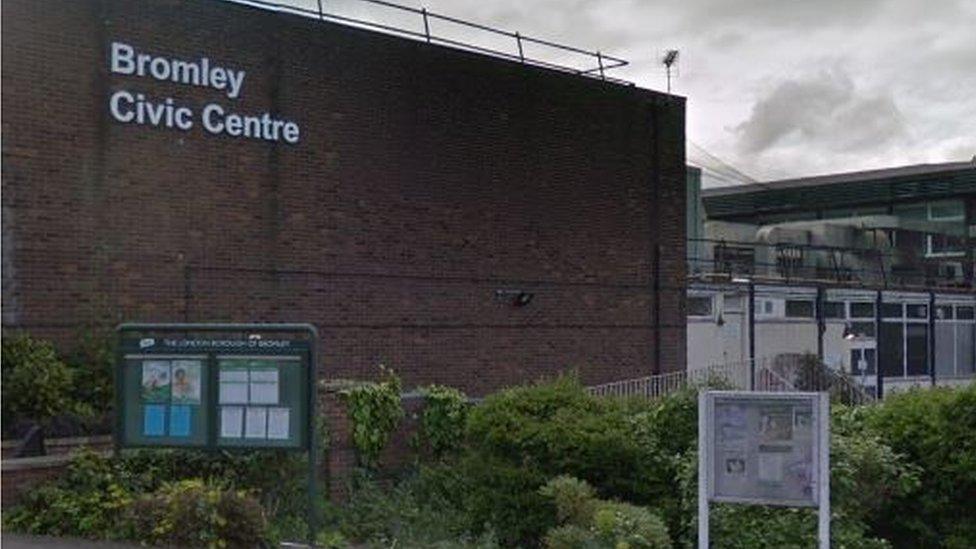Coronavirus: Government under pressure to keep eviction ban
- Published
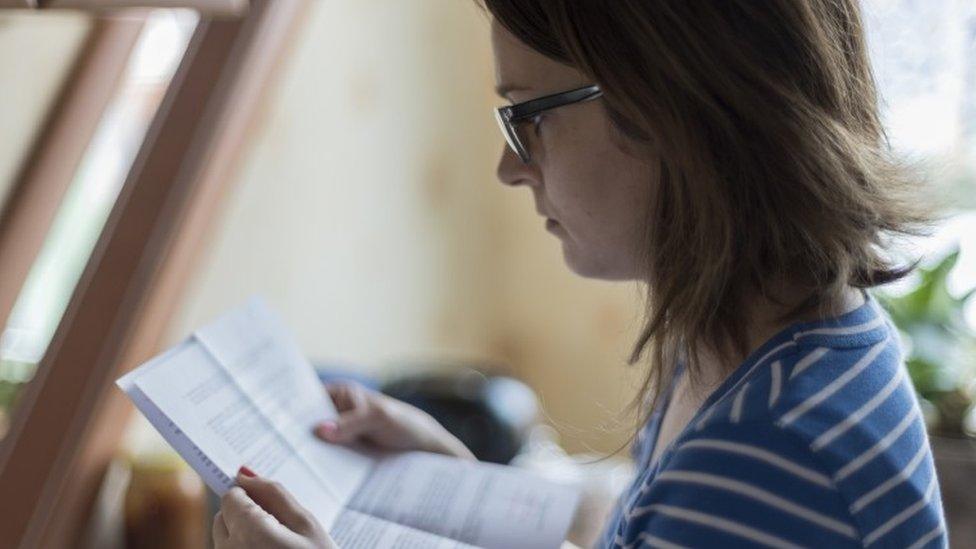
The government is facing calls to extend the ban on evictions in England and Wales to prevent people ending up on the streets during lockdown.
Eviction notices are due to start going out on Monday after being temporarily suspended.
Labour and housing charities say it makes a mockery of Boris Johnson's "stay at home" message.
The PM has said the ban is "under review" after Labour leader Sir Keir Starmer called for it to be extended.
Labour MP Clive Betts, who chairs the housing, communities and local government committee, said: "It is disappointing the government is again leaving it until the last minute to announce an inevitable extension to the evictions ban."
Greater Manchester Metro Mayor Andy Burnham called for the ban to be kept in place "beyond March so that we can take this right the way through the pandemic".
'Rough sleeping'
"If we were to see more people coming out onto the streets of Greater Manchester it would make what is not just a very difficult situation, potentially, unsustainable," said Mr Burnham at a press conference.
"And we would see a much greater increase in homelessness and rough sleeping during the national lockdown which is, I hope, not what anybody wants to see."

Andy Burnham is urging the government to take action
Salford City mayor Paul Dennett, who is responsible for housing and homelessness policy across the Greater Manchester area, is writing to Housing Secretary Robert Jenrick to ask for the ban to be kept in place.
Half a million private tenants in the UK are behind with their rent, according to research by Citizens Advice.
The average amount owed is more than £700, the charity says, and one in four private renters in arrears have been threatened with eviction or cancellation of contract by their landlord.
Evictions were banned at the start of the first lockdown in March - and the UK government has also extended the notice period landlords must give from three to six months.
Courts began to clear the backlog of repossession cases in September, starting with the most serious cases such as those involving domestic violence or anti-social behaviour.
'Raging storm'
But Robert Jenrick called a so-called "Christmas truce", meaning bailiffs were not allowed to enforce possession orders between 11 December and 11 January.
Citizens Advice and Shelter are warning that unless a fresh extension to the ban is announced this week, there will be a big rise in evictions in the spring.
Polly Neate, chief executive of Shelter, said: "It is just too dangerous to start evicting people from their homes with Covid case numbers so high.
"You cannot follow the order to stay at home if you are evicted and facing homelessness.
"It's not safe for people to attend court, nor is it safe for bailiffs to enter people's homes and forcibly remove them."
She urged the government to stop evictions, adding: "We all know the country is facing some of the toughest weeks ahead, the prime minister has said so himself.
"Now is not the time for people to lose their homes - their only refuge from this raging storm."
'More harm than good'
Sir Keir Starmer called on the government to extend the eviction ban "which is due to run out in just five days", as MPs debated new lockdown regulations.
The prime minister told the Labour leader the ban was "under review".
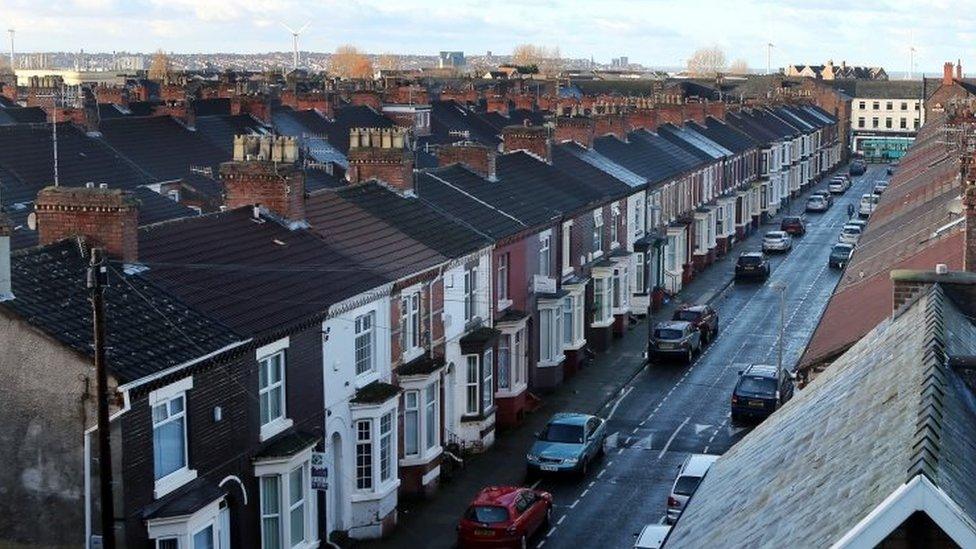
Many people living in rented homes are struggling to keep a roof over their heads
But the National Residential Landlords Association said ministers were "doing more harm than good" by "repeatedly banning repossessions".
"This does not protect people in need, it ignores the real challenges households are facing and piles up more debts that will cast a long shadow over peoples' futures," said the group's chief executive Ben Beadle.
"For landlords who may never get repaid it means them selling up, adding to the existing housing shortage.
"The government needs to recognise the crisis it is creating and take immediate action to introduce a package to enable tenants to pay off rent arrears built since lockdown measures started in March last year, as is happening in Scotland and Wales."
'Slow burn'
He said the "vast majority" of landlords had done everything they could to support struggling tenants but "few can afford to continue this help indefinitely".
Research by the London School of Economics, external suggests the number of people in arrears could triple over the coming year - but there is unlikely to be a spike in formal evictions in the spring.
The courts are putting off hearings for many months, researchers point out, and most arrears cases do not lead to formal legal processes and evictions.
Tenants are more likely to find somewhere cheaper, share overcrowded accommodation, move back in with their parents or come to an arrangement with their landlords, the research says, and as a result the rise in evictions is more likely to be a "slow burn" stretching into 2022.
Scotland's First Minister Nicola Sturgeon has indicated that her government will extend its ban on evictions.
- Published17 December 2020
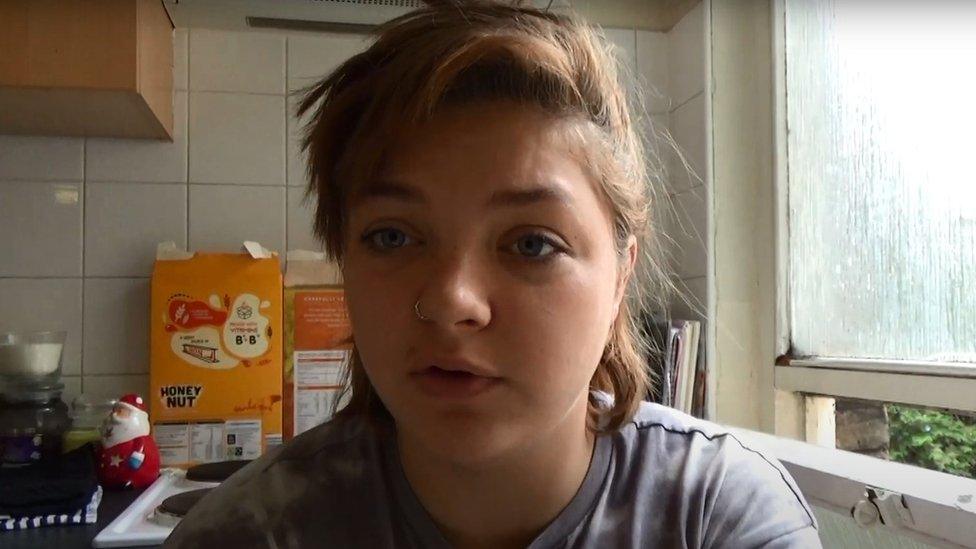
- Published18 December 2020
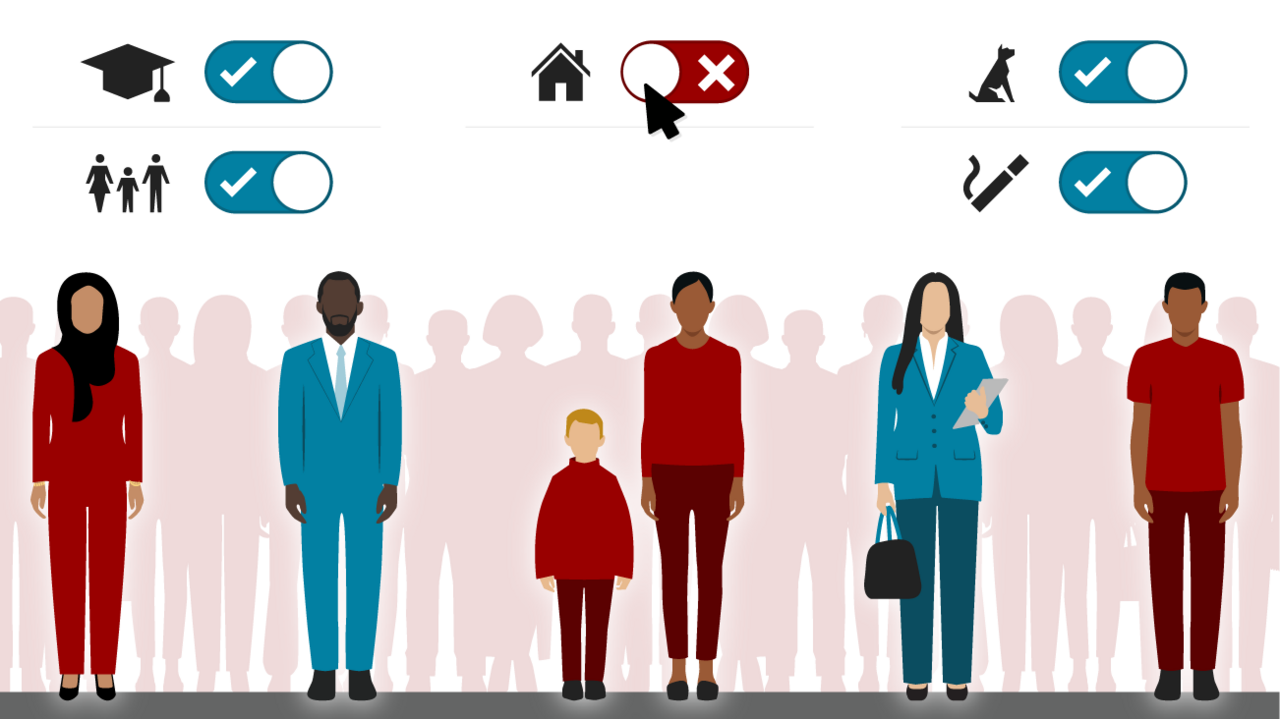
- Published18 December 2020
